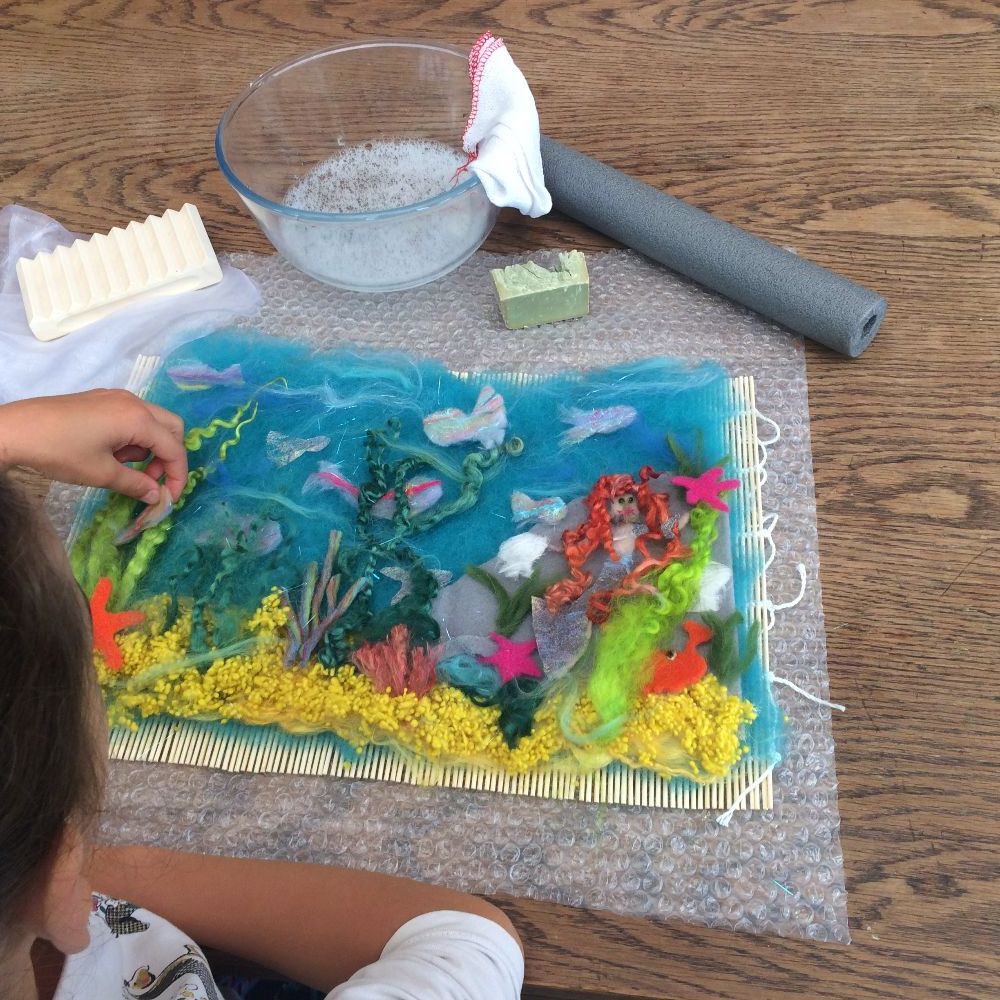
How do you make a wet felted picture
How to do wet Felting for beginners
What is wet felting and is it different to needle felting?
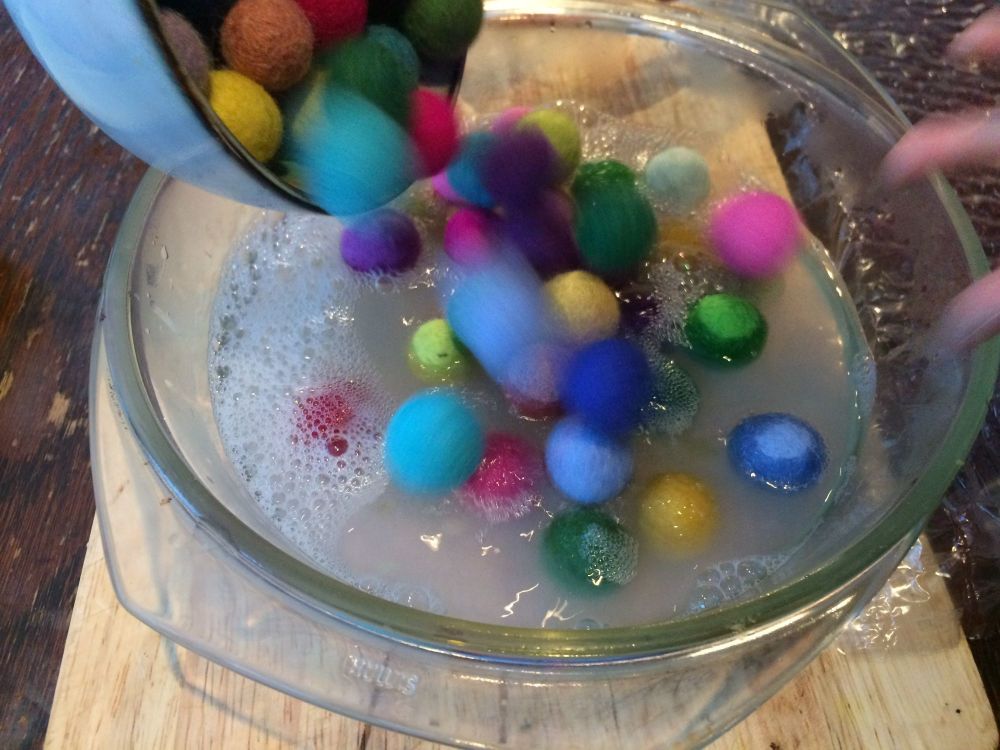
Wet felting uses wool roving / tops, soap, warm water, and friction to make felt.
Needle felting uses wool like roving / tops and a felting needle to make felt.
How do you wet felt?
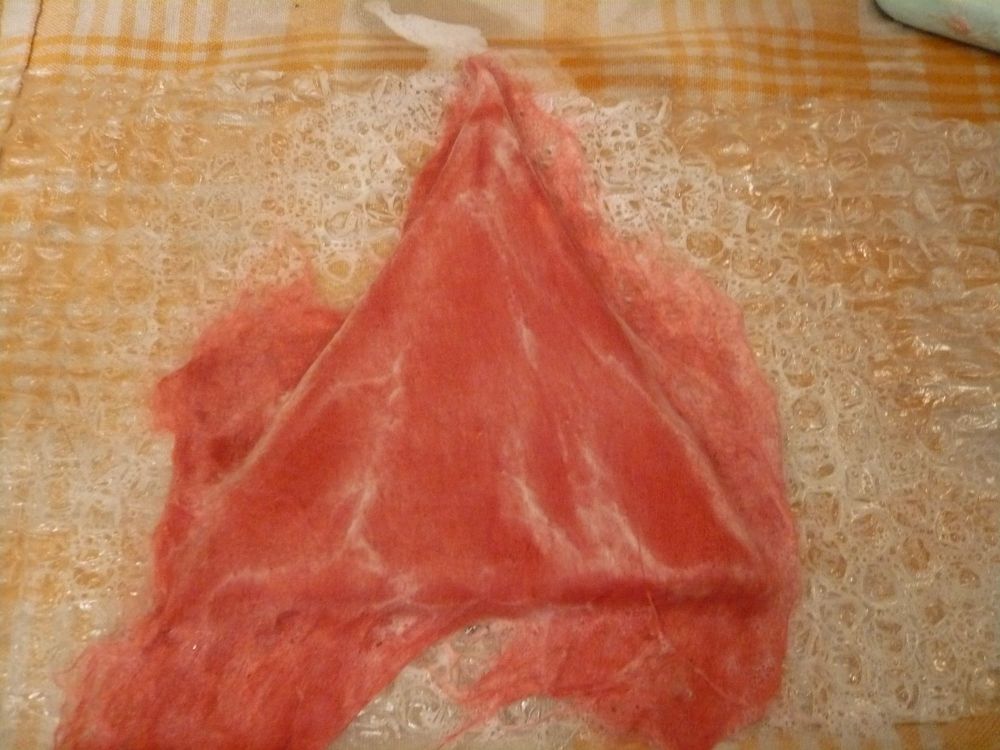
The basics of wet felting are to use unspun wool like wool tops or batts, etc and add moisture and friction.
Wool has barbs along the shaft of the individual strands, the warmth, and moisture of your hands with the friction makes the wool fibres barbs tangle and link together making felt.
You can wet felt small amounts of wool just using your fingers or hands and rubbing the wool.
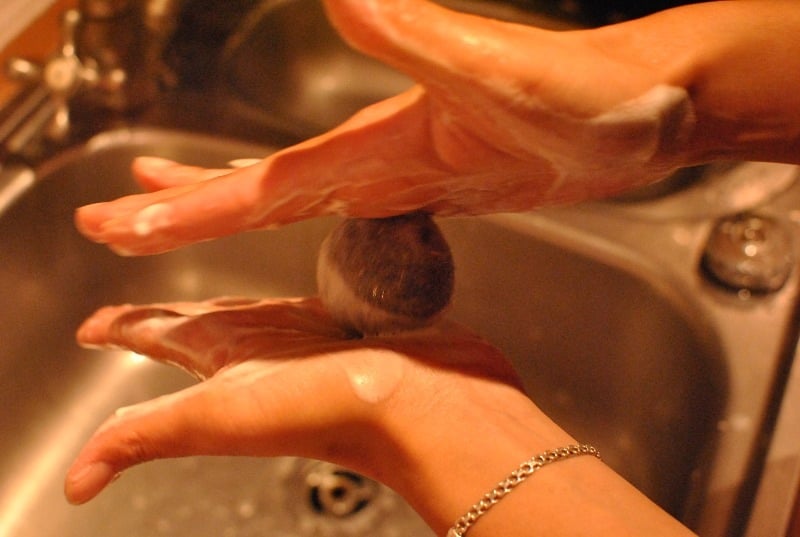
Most wet felting is done using wool, warm water, soap, and friction.
Is it easy or hard to learn?
Wet felting is a quick and easy craft to learn.
Does wet felting take a long time?

It takes about two hours to make a small vessel or simple picture.
Which wool is best to use?
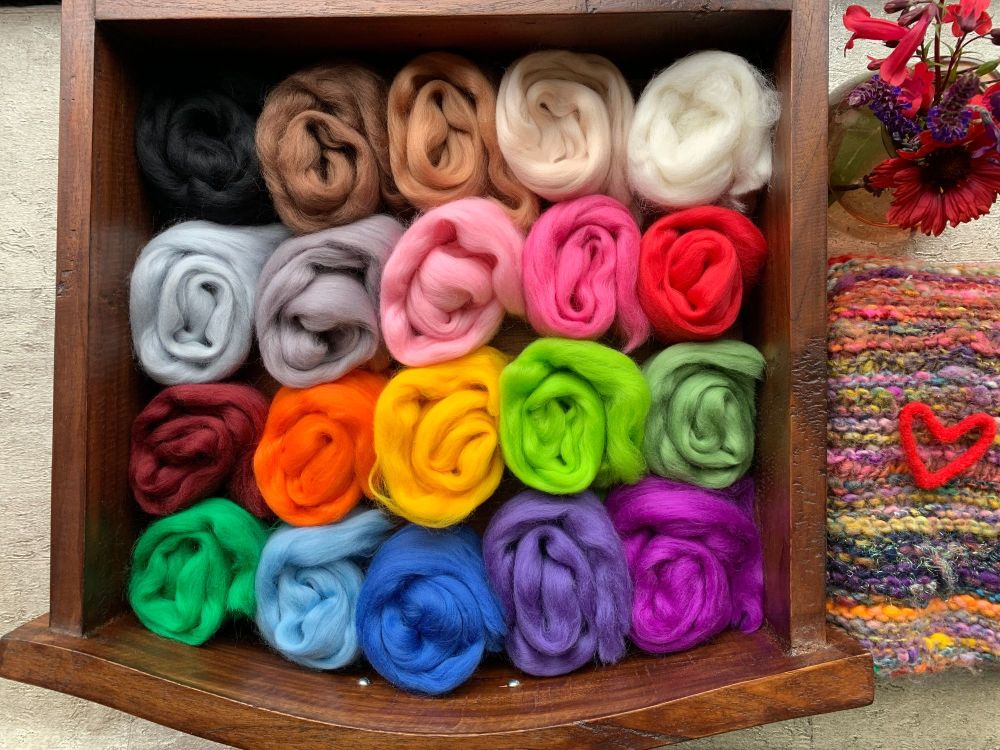
You can use any unspun wool for wet felting, though wool tops will felt together easiest and merino is popular because it has fine fibres and is dyed in many colours. For more on which wool to use, please see this guide to wool.
Which fibres can you wet felt with?
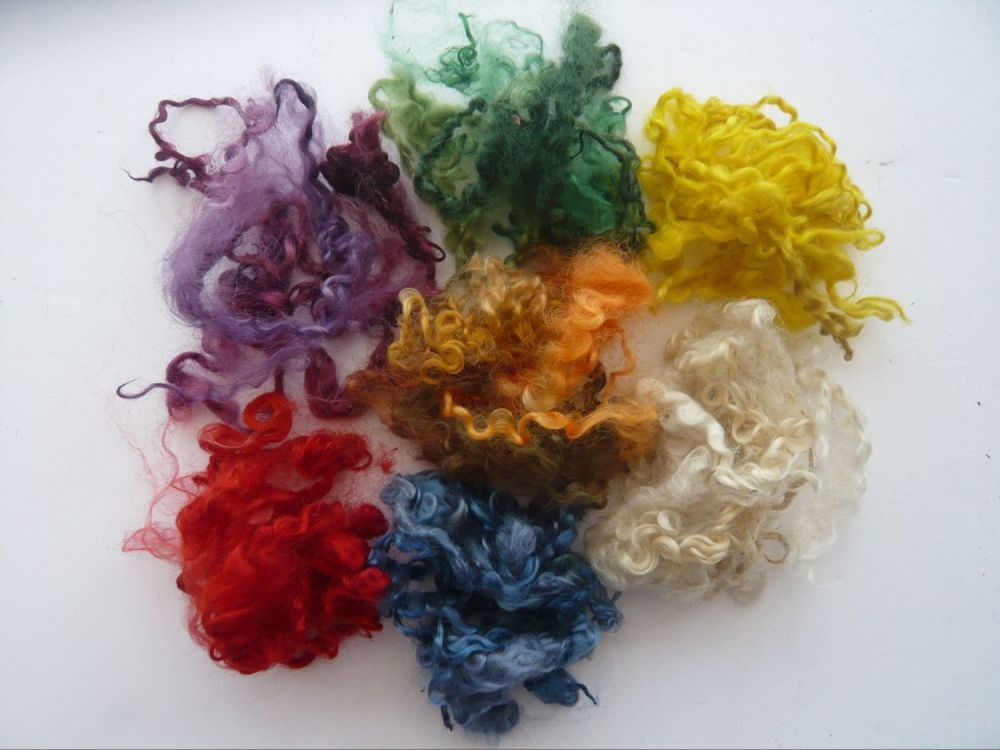
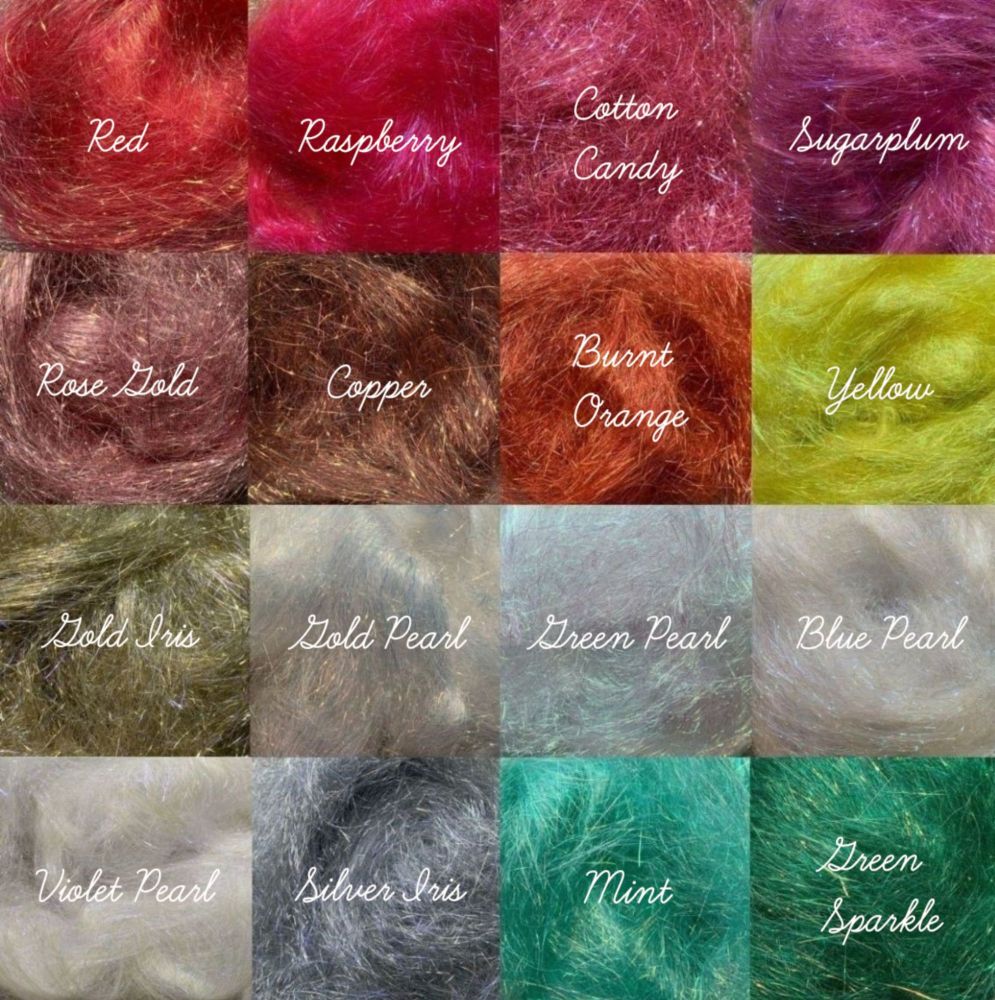
Other fibres will not felt together without wool. You can add any number of fibres into or onto your wool. Popular fibres are silk, Angelina fibre, curly wool locks and nepps.
What materials do I need to start wet felting?
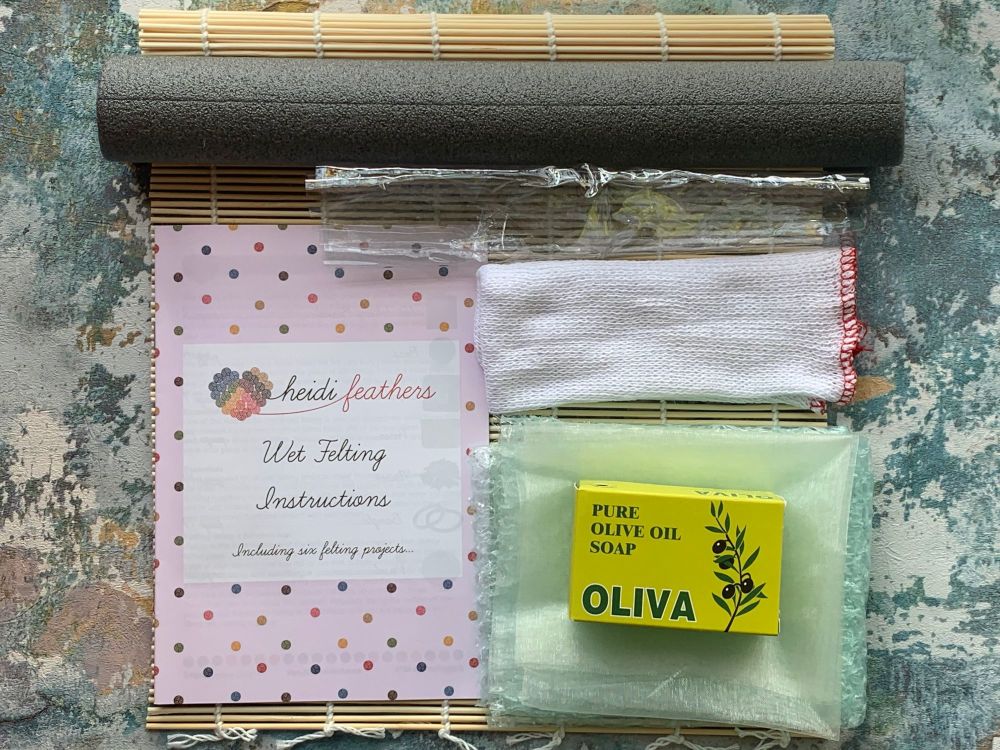
3 essentials for wet felting
Five additional useful tools
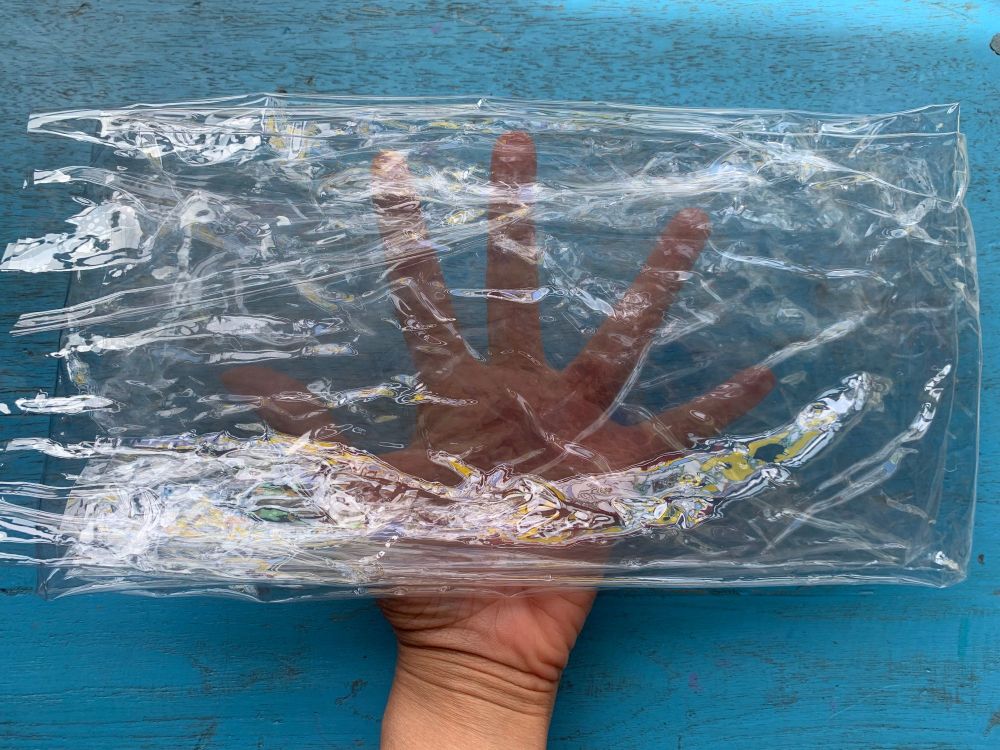
Can I make 3D items?
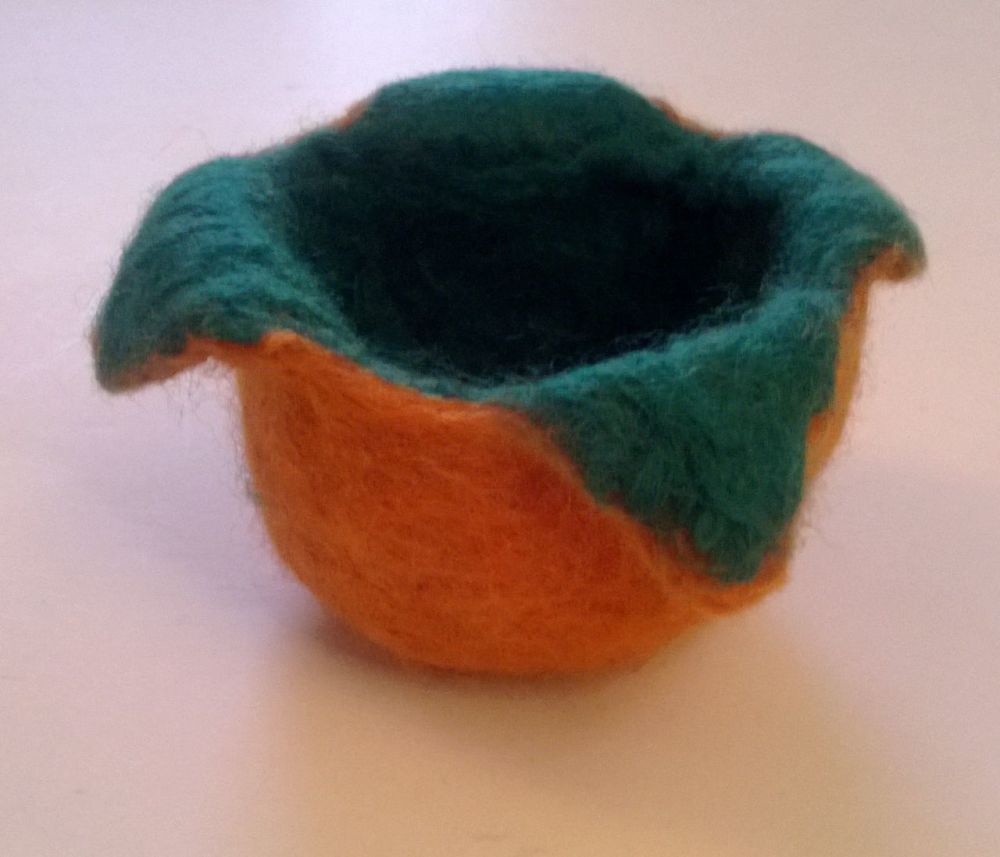
Wet felting is good for making hollow 3D items like vessels, purses or slippers, and also solid jewellery like beads, cords, and flowers. (The above vessel was wet felted over a tennis ball)
Please click here for how to make wet felted baubles ideal for the Christmas tree.